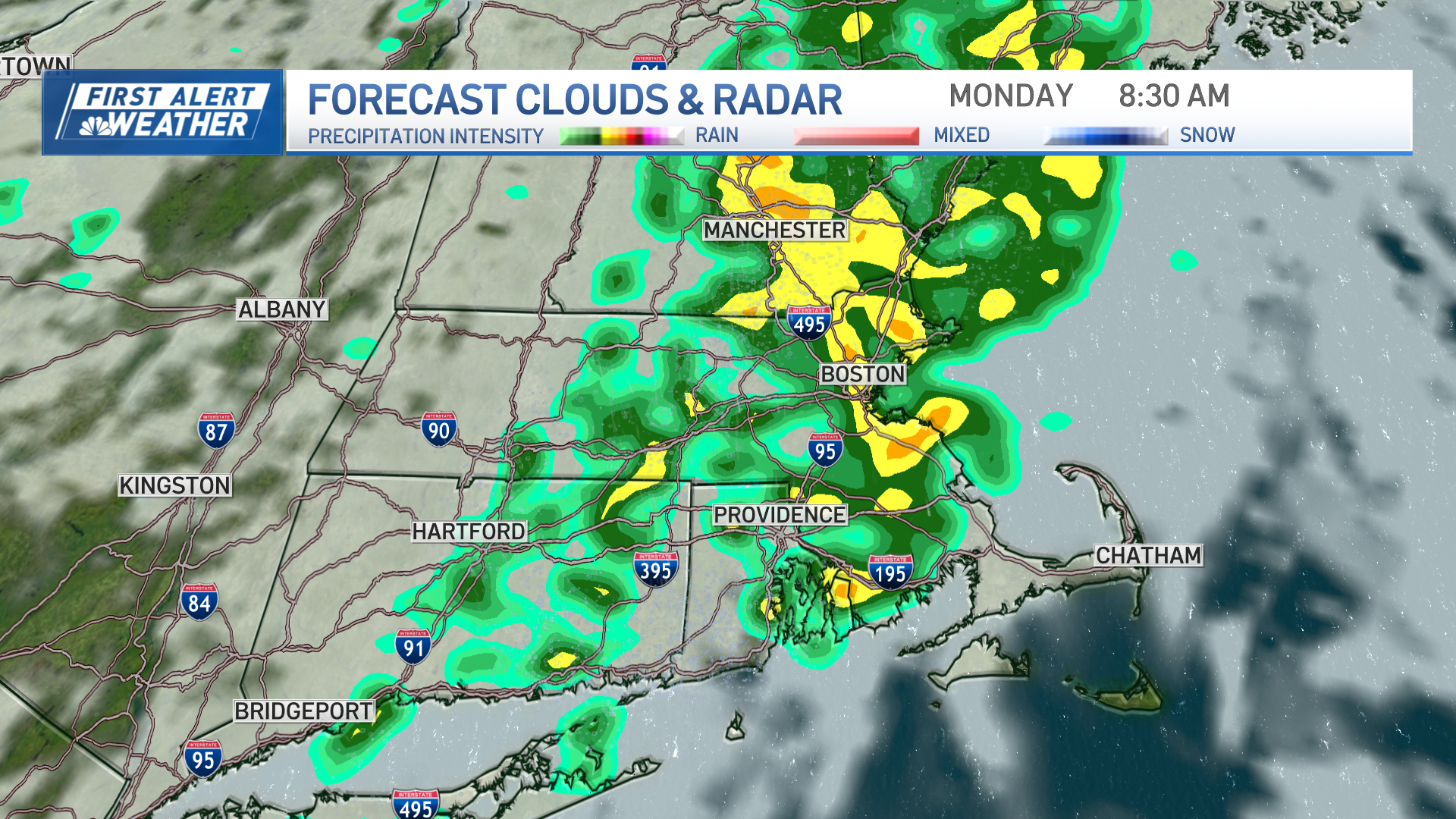Imagine buying a house, then watching an investor snap up the property next door and list it for rent on a short-term rental website like Airbnb.
New neighbors arrive each week, throwing parties, blaring music, and disrupting your otherwise tranquil neighborhood by the sea.
Some Cape Cod residents say they're living that reality as real estate companies and private investors capitalize on the booming market for short-term rentals.
The NBC10 Boston Investigators explored the changing dynamics of the rental market on the Cape after hearing from several concerned residents during the station's Talk to Ten phone-a-thon.
Barnstable homeowner Heather Hunt says she can no longer enjoy the view out her window after an investor bought the house next door and turned it into a year-round Airbnb. Some days, she says she shuts the doors and windows and stays in her kitchen to avoid the ruckus next door.
"Unless this happens to you, you really can't appreciate how fundamentally it changes what it means to be home," she said.
On one occasion, firefighters had to come after a group moved a fire pit onto the wooden deck of her neighbor's house, Hunt said. And it hasn't been much better during the day, she said; Hunt awoke one morning to see a 3-foot inflatable penis getting tossed around her neighbor's property.
"I shouldn't have everybody's bachelorette party next to me all summer long," she said.
The house is in a district zoned for residential single-family use in Osterville, a quaint village in Barnstable. Bob Corcoran, a local resident, bought it to rent it out for vacations, birthdays and bachelorette parties.
Local
In-depth news coverage of the Greater Boston Area.
Corcoran said he can't control what his guests do, but thinks the concern from neighbors about discourteous behavior is overstated.
"I understand that it may upset them, but a lot of it's been exaggerated," he said.
Hunt, who lives next door to one of Corcoran's properties, says the town has been slow to address her complaints.
According to documents from the Building Department, inspectors found two illegal bedrooms in the attic of Corcoran's rental property, but took months to issue a cease and desist order. They eventually told Corcoran to install proper fire exits and hard-wired smoke alarms.
"I'm widening the windows for egress to make it legal," he said. "So I'm in the process of getting that done."
"Can you rent this out in the meantime?" NBC10 Boston Investigator Ally Donnelly asked.
"Probably not supposed to," Corcoran said.
"But are you?" Donnelly asked.
"Not technically," Corcoran said.
Responding to questions from NBC10 Boston, Airbnb said its hosts must certify they will comply with local rules before they list spaces for rent. Neighbors can also lodge complaints on Airbnb's website.
But as more investors enter a very lucrative market, conflicts like those in Hunt's neighborhood are cropping up nationwide.
"What I'm doing, I'm entitled to do," Corcoran said, adding: "You can't restrict somebody from doing what they want to do with their property within the law."
Hunt maintains that coastal communities across the country have done just that, permitting homeowners to rent out their properties, but not allowing investors to flip houses into hotels.
She and other local residents believe Barnstable could settle the issue by enforcing current zoning laws, and they're pressing their case in court. Neighbors sued to force Barnstable to act.
Town officials declined to discuss the situation on camera, citing the lawsuit. In a statement, the town said it's drafting new regulations that balance a long tradition of seasonal rentals with shrinking housing stock and fears the community could become too commercial.
Tourists pump $20 billion dollars into the state's economy every year, and a good chunk of that spending happens on the Cape. Year-round residents are loathe to appear unfriendly to visitors and see those dollars wash away.
Still, many wouldn't choose to live next to a hotel. Kathy Holcombe says that's what it feels like in her neighborhood in Centreville, where Corcoran, the investor, rents out another home.
Holcombe, who is retired, said leafy paths and proximity to the beach make her neighborhood special, but also attractive to investors. On a recent afternoon, she pointed out three homes that are listed for rent, hosting a revolving cast of visitors.
"This could happen in any community on any street on any day," she said.
Some cities, such as Boston and New York, have banned investors from buying up entire homes for the rental market. Others restrict where they can be.
A new law in Massachusetts requires short-term rental operators to register with the state and pay taxes, but leaves regulations up to individual communities. So whether or not you'll see these kinds of properties next to you depends on the laws in your community.



